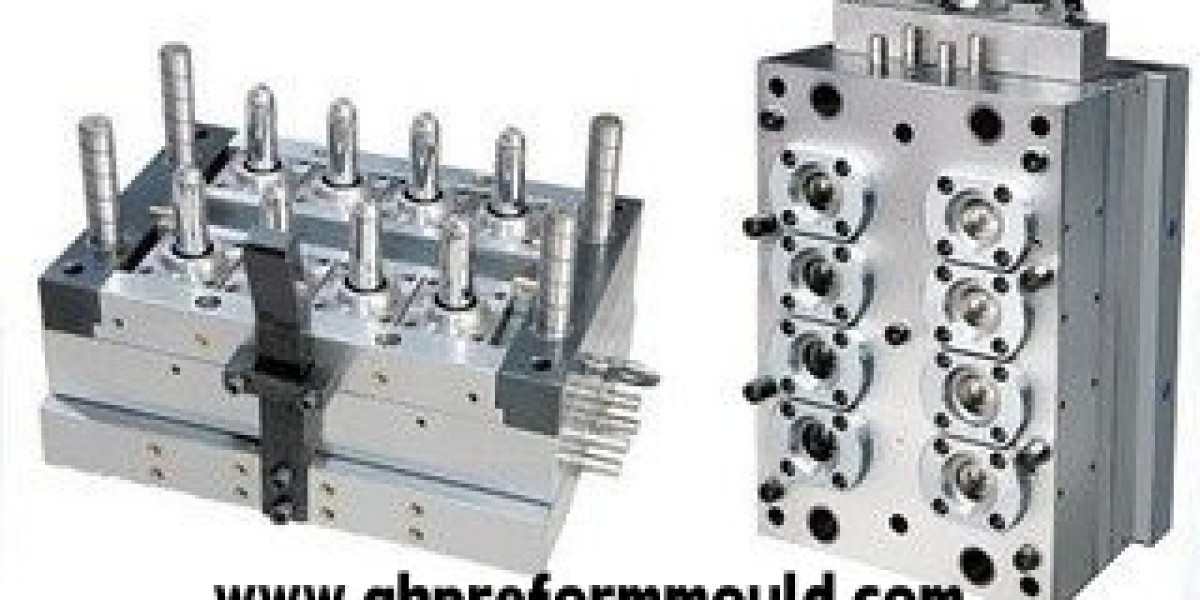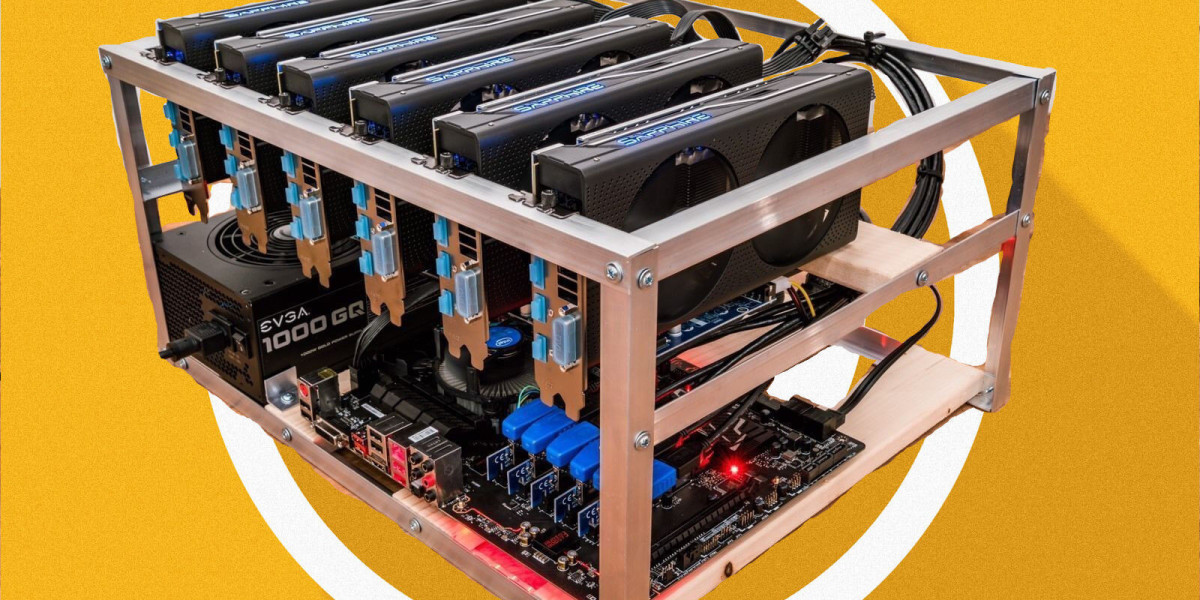Injection Molding Machine is a cornerstone of modern manufacturing, providing precision, efficiency, and versatility in producing high-quality plastic components. In industries where performance and consistency directly affect output quality, investing in reliable and well-engineered equipment is essential. Manufacturers require machinery capable of handling diverse materials, maintaining stable operations, and delivering predictable results across complex production environments. With advanced solutions offered by QIHONG MOULD, facilities can optimize production processes, reduce downtime, and achieve higher operational efficiency without compromising quality.
The technology behind this type of machinery allows operators to create complex geometries with exceptional accuracy. By precisely controlling temperature, pressure, and timing, manufacturers can minimize defects such as uneven surfaces, warping, or inconsistent density. This level of control reduces material waste, saves costs, and improves the overall efficiency of production lines. High-quality machines also support repeatable performance, ensuring that each part meets stringent specifications consistently. In large-scale operations, this reliability becomes critical, reducing the need for constant adjustments and close supervision.
Efficiency is more than speed; it includes energy optimization, cycle predictability, and minimal material waste. When performance is stable, operators can focus on refining workflows rather than troubleshooting inconsistent results. Advanced machinery provides data insights and control options that allow precise adjustments without risking quality. QIHONG MOULD ensures that every system undergoes strict quality checks, resulting in equipment that is dependable, durable, and capable of supporting demanding production schedules.
Flexibility is another key advantage. Modern machines are designed to accommodate different mold sizes, material types, and part dimensions. This adaptability allows manufacturers to produce a wide range of products without reconfiguring machinery extensively. The ability to switch between thermoplastics, specialty polymers, and custom designs without downtime increases responsiveness to market demands while maintaining consistent output quality.
Maintenance and longevity are also crucial for operational sustainability. Robust engineering reduces wear and tear, extending service life and lowering long-term operational costs. Reliable machinery reduces the risk of unexpected stoppages, minimizes repairs, and allows preventive maintenance to be carried out efficiently. Operators benefit from clear monitoring tools, intuitive controls, and well-designed systems that simplify routine checks while preserving consistent production performance.
Environmental considerations play a significant role in modern manufacturing. Efficient machinery reduces electricity usage, optimizes material consumption, and minimizes waste generation. Improved injection and cooling processes ensure that less material is rejected due to defects, while reliable performance contributes to better overall resource management. Manufacturers can achieve sustainability objectives while maintaining high product quality, aligning operational excellence with environmental responsibility.
Advanced control systems embedded in modern equipment allow precise adjustments for each cycle. Operators can fine-tune parameters to match specific mold designs, material properties, and production requirements. This capability ensures that each batch meets tight tolerances and improves surface finish, structural integrity, and overall product performance. Reliable machines thus enhance both operational efficiency and customer satisfaction by consistently delivering high-quality components.
Investing in premium equipment results in improved product quality, reduced operational stress, and higher production efficiency. Facilities equipped with dependable machinery experience smoother workflows, lower maintenance needs, and optimized resource utilization. Over time, these advantages translate into cost savings, enhanced reliability, and greater competitiveness.
To explore high-performance solutions that combine precision, durability, and operational efficiency, visit https://www.qhpreformmould.com/ . Discover products designed to empower manufacturers, enhance production consistency, and achieve long-term success in competitive markets.








